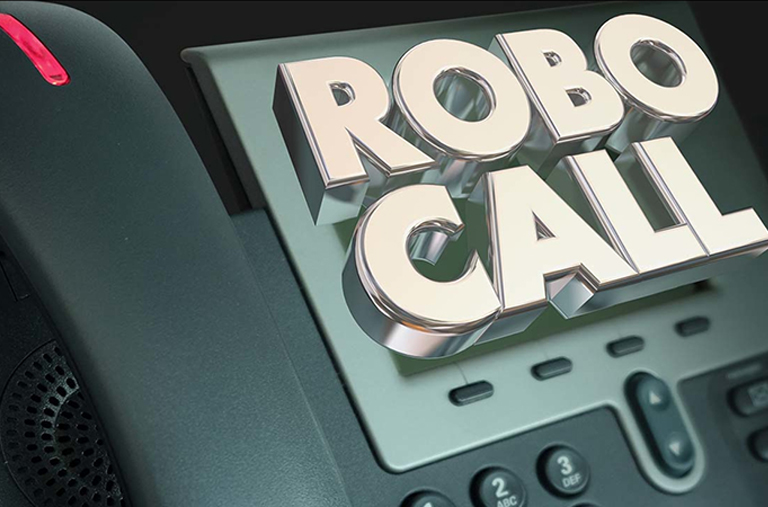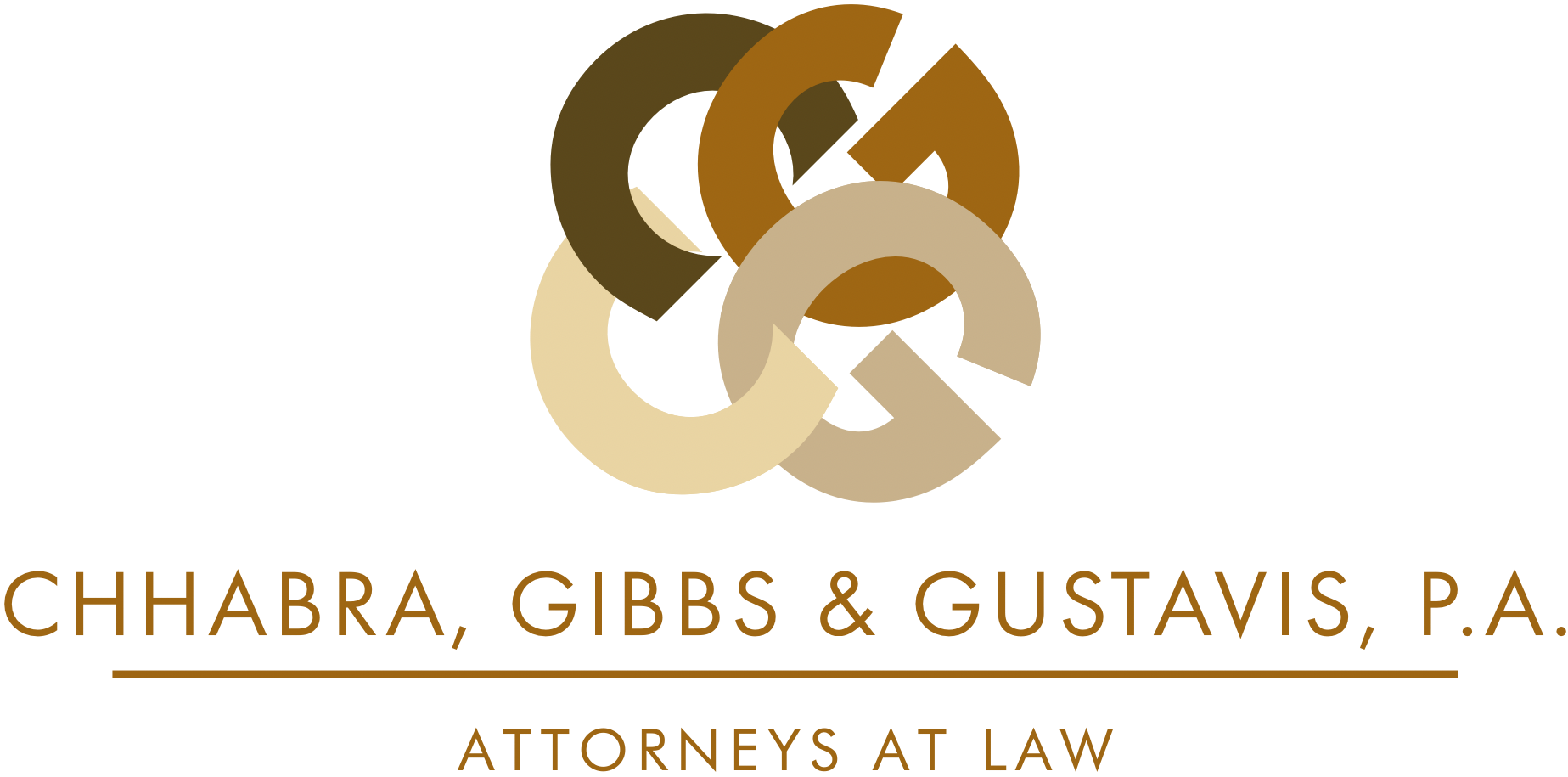
TELEPHONE CONSUMER PROTECTION ACT (TCPA)
Consumers who have received annoying or harassing illegal robocalls may be able to report these calls to the FCC, FTC or register their phone number with the national Do-Not-Call registry.
The Do-Not-Call registry may not prevent all robocalls. The purpose of the registry is to provide a list of consumers who have opted out of receiving these kinds of calls so that law-abiding businesses can consult the list and determine who they should not call. Most legitimate businesses abide by the registry, but some do not, and scammers are also willing to ignore these laws. While being on the Do-Not-Call registry will not stop these kinds of callers, filing complaints about these robocalls will alert the FTC and other agencies to robocall trends, helping them take action.
Contact the Law Offices of Chhabra & Gibbs Today

